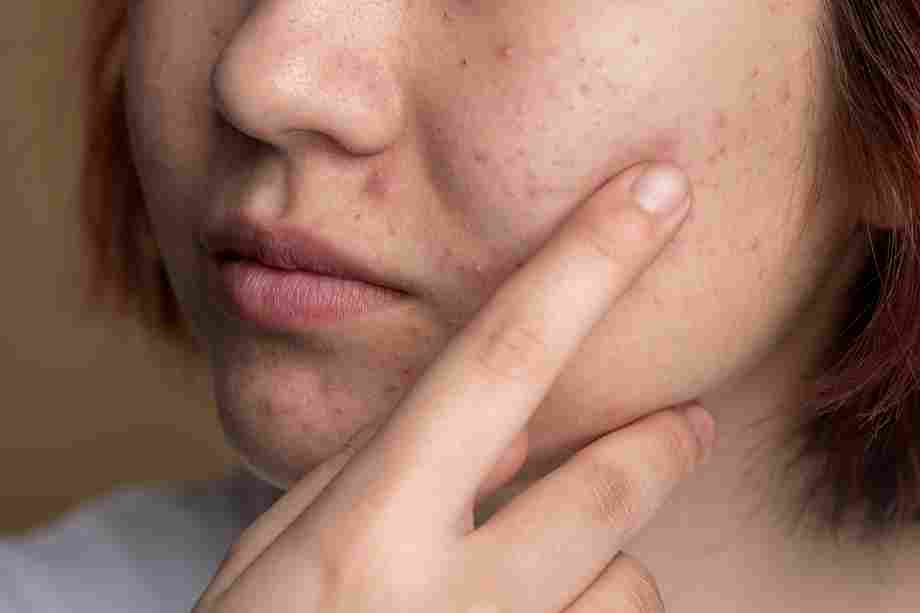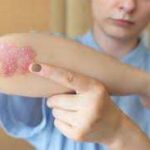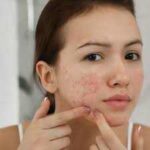PCOD, or polycystic ovarian disease, is a medical condition in which women experience an imbalance in their hormone levels during the reproductive years. In this condition, a woman’s ovaries produce a large number of immature eggs or partly developed eggs, which over time can develop into cysts.
The excess release of immature eggs from the ovaries may trigger the excess release of male hormones (androgen) in the female body and cause irregular menstrual cycles.
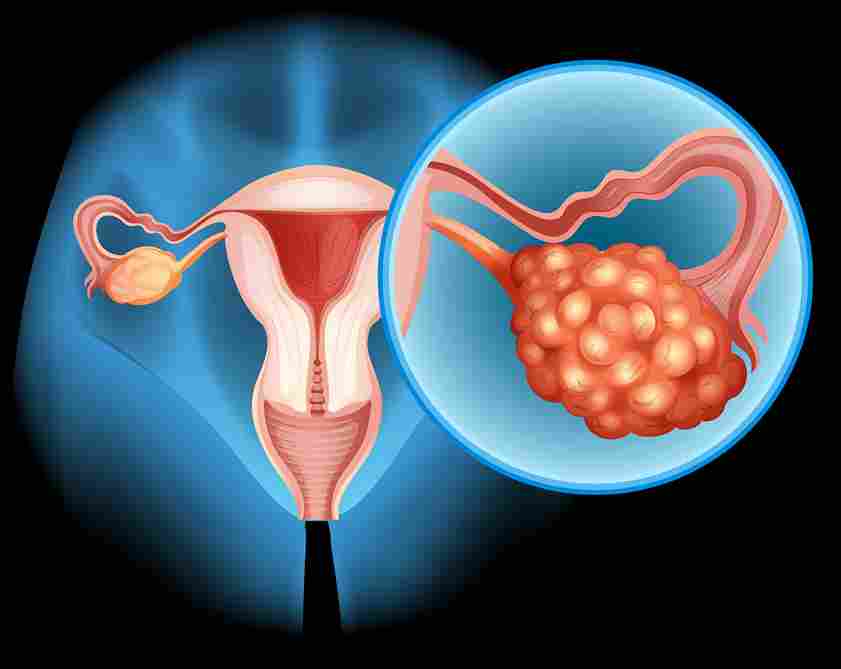
If PCOD is left untreated, it can lead to complications like diabetes and heart complications, and it can also cause infertility. Some of the symptoms of polycystic ovarian disease include excess facial and body hair (hirsutism), acne, lack of ovulation, and male pattern baldness.
Causes of PCOD
There is no exact reason behind the causes of PCOD; however, there are some factors that are considered responsible for polycystic ovarian disease. Factors such as:
- Excess insulin production
An increase in insulin levels in the body can lead to an increase in androgen levels in the female body.
- Excess androgen production
A female body contains low levels of the male sex hormone known as androgen, but if it exceeds its normal level in the female body, it can lead to PCOD. It also triggers excess hair growth in the female body.
Other causes may include low-grade inflammation and heredity, which can cause PCOD problems in women.
How are PCOD and skin issues interrelated?
Polycystic ovarian disease (PCOD), causing symptoms such as high androgen levels, can affect the female body in various ways, such as the development of acne, facial & body hair (hirsutism), and male pattern baldness.
Acne occurs because of the excess production of sebum (an oily substance) and due to the blockage of the pores with the excess oil, dead skin cells, and bacteria. Hormone levels in the body control the production of sebum. Because of polycystic ovarian disease (PCOD), there is an imbalance in the hormone levels, because of which acne occurs on the face, neck, and chin.
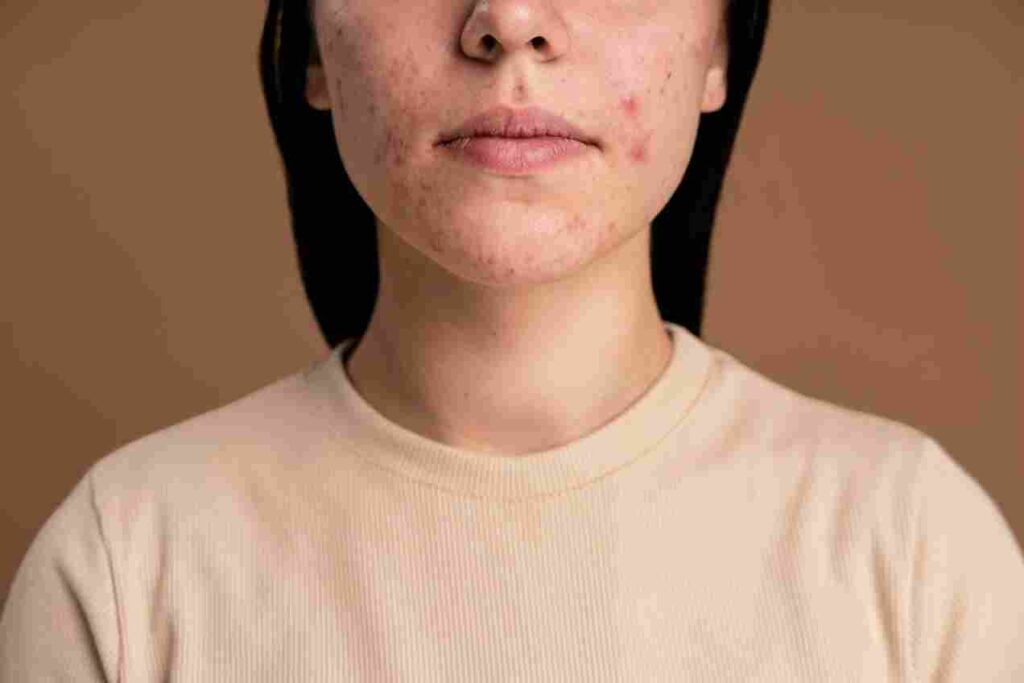
Other than acne, PCOD also leads to excess facial and body hair in women. It happens because of the excessive production of the male sex hormone known as androgen in the female body. You may notice symptoms like dark-coloured hair growing on places like the neck, face, chest, and back.
Treatment options to deal with skin issues related to PCOD
According to Ayurveda, the root cause of PCOD is believed to be eating incompatible foods and not drinking enough water. It also occurs because of an imbalance in kapha dhosha, combined with Vatta and Pitta, that can lead to irregular menstrual cycles and hormonal disturbances.
Treatment approaches in Ayurveda for polycystic ovarian disease include stress management techniques, therapies, and dietary modifications.
- Panchakarma Treatment
Panchakarma is a therapy that restores the body’s natural healing abilities and maintains the hormonal imbalance in the body by removing toxins. This cleansing therapy includes natural herbs that help to grow eggs naturally and are also beneficial in rupturing the follicles through natural methods.
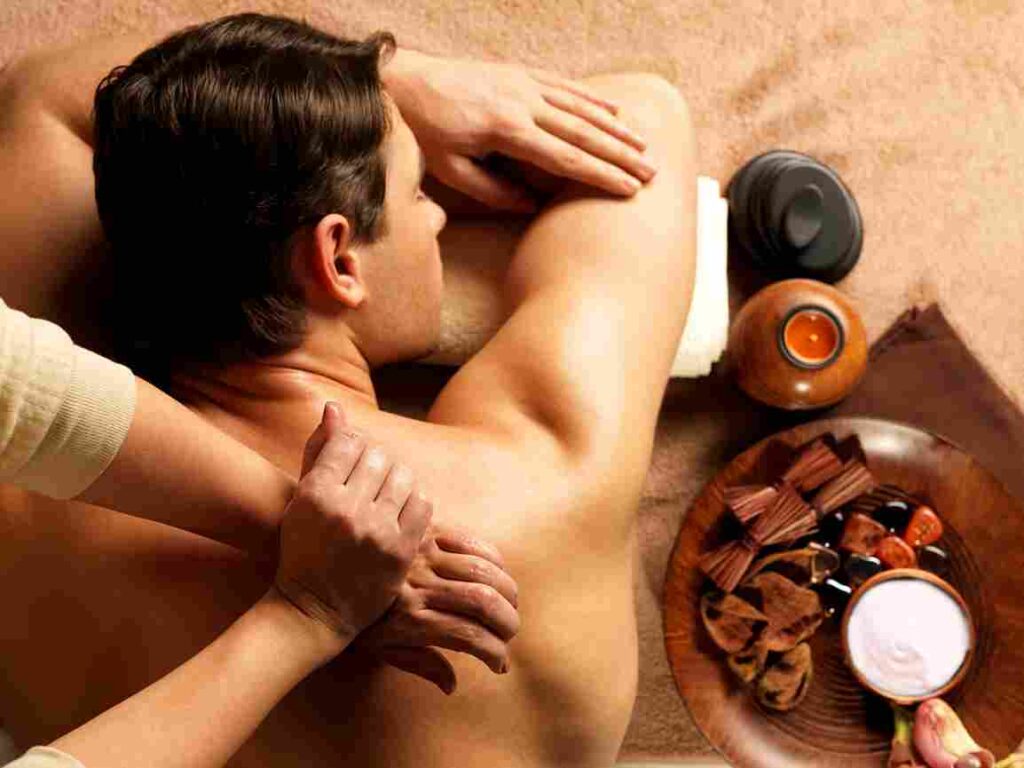
Panchakarma therapy gives strength and power to reproductive organs like the uterus, ovaries, fallopian tubes, and vagina and also helps in maintaining the hormonal imbalance in the body.
- Dietary habits
PCOD can be effectively cured and managed by following the right diet, as it helps to restore those imbalanced doshas in the body. People dealing with PCOD should avoid using foods with excess salt, starchy vegetables, and dairy products. You should consume warm, cooked foods. Diet plays a pivotal role in managing PCOD; therefore, you should talk to your doctor to get the appropriate diet plan according to your situation.

- Lifestyle recommendations
Maintaining a healthy lifestyle helps keep you fit and stress-free. It also helps to reduce the severity of the symptoms related to polycystic ovarian disease (PCOD).

You should practice stress relaxation techniques such as yoga and meditation for a healthy lifestyle and also follow a proper sleep routine.
CONCLUSION
Acne breakouts and hirsutism are the main symptoms that are usually seen in people dealing with PCOD. This can be caused by several factors, such as hormonal imbalance, and excess production of male sex hormones such as androgen, and can also be hereditary.
Polycystic ovarian disease (PCOD) is a hormonal disorder that can be effectively managed through ayurvedic therapies, dietary recommendations, and by following a healthy lifestyle.
If you’re looking for effective treatment of your PCOD in Dharwad, Karnataka, consult Ayursparsh Clinic and Panchakarma Center, a well-known wellness centre for treating skin problems such as acne and hirsutism.
Get a personalised treatment plan for your condition from renowned ayurvedician Dr. Rashmi C. Patil, MD (Ayu), who treats various health conditions such as PCOD.

